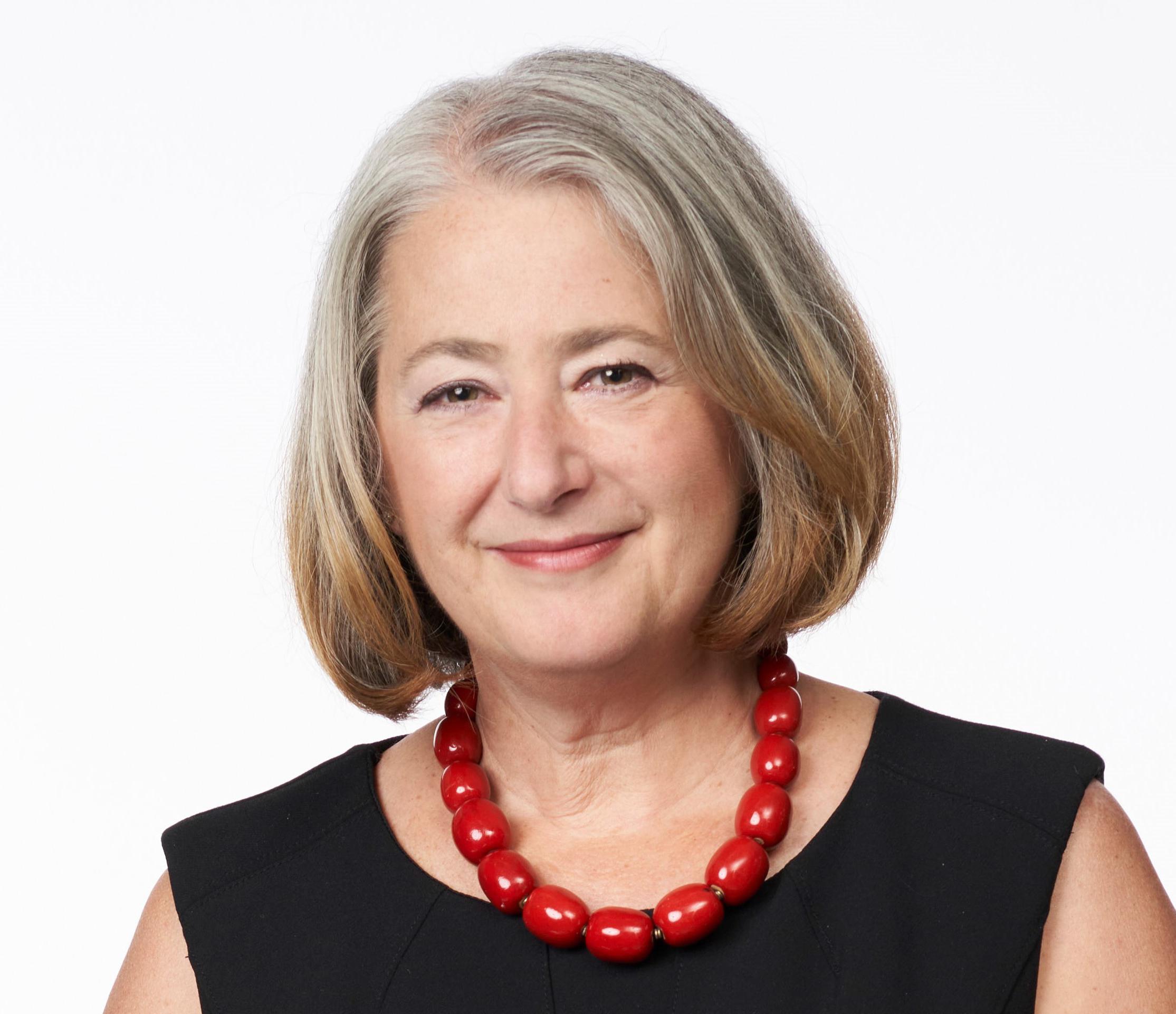
Is emotion the enemy of reason – or the foundation of good judging? Uncover the answer in conversation with the international expert on emotion in judging, Professor Terry Maroney.
In this interactive event, Professor Maroney will share the findings of her research with the US judiciary on the use and role of emotion in the everyday work of judges.
She will cover:
- the complex and sophisticated ways judges manage emotion in their work
- suggestions for how to consciously manage your emotions to benefit your wellbeing – and inform your reasoning process.
Speakers.



